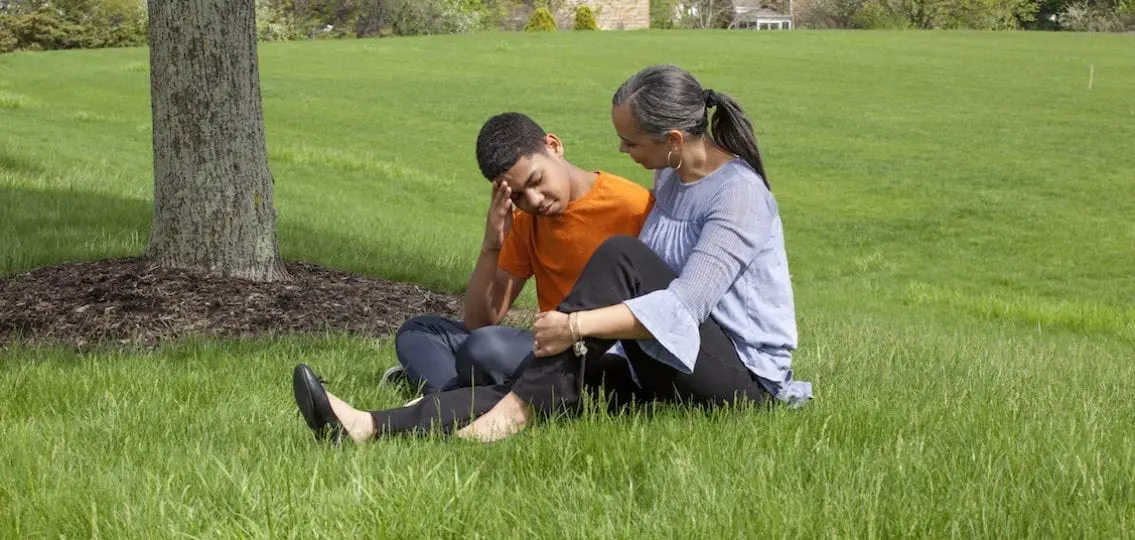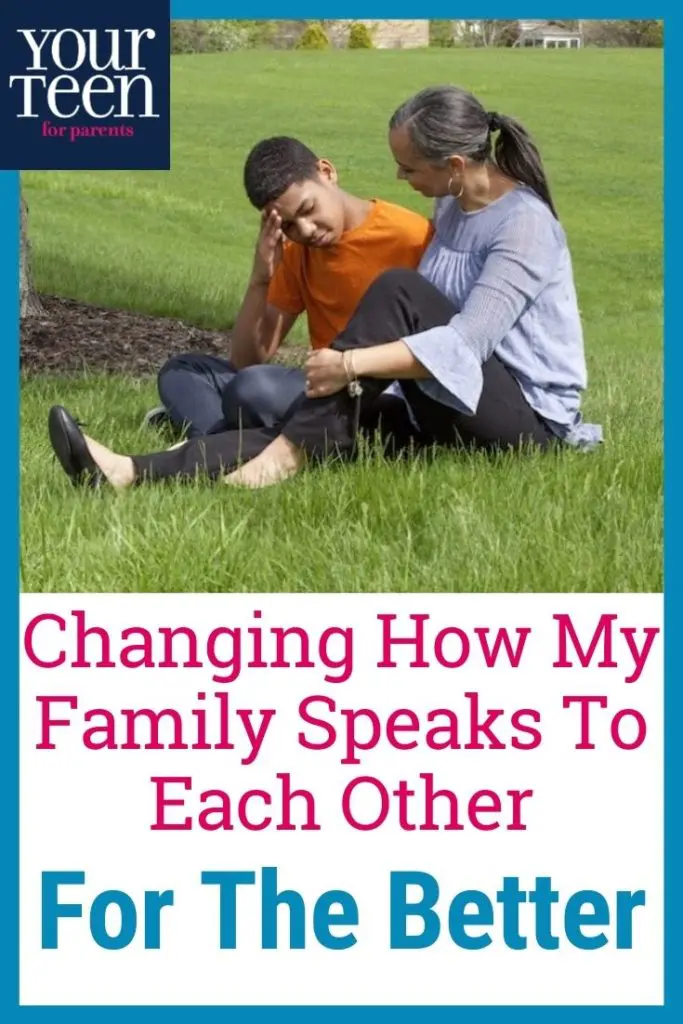Several years ago, my 11-year-old son said to me, “Our family is always cutting each other down, then blowing it off as just joking around.”

His remark shocked me. Certainly there was a lot of joking around among my four sons. But I had always considered it to be a form of playful repartee. Often, I even participated.
In that moment, I recalled an incident where my 11-year-old’s older brother had referred to his new sneakers as spaceships because they were such a large size. When my 11-year-old objected, his older brother shot back, “I was only playing around with you. Can’t you take a little joking?” The hurt on my younger son’s face that day told me he didn’t consider the comment, and accompanying scowl, to be a lighthearted joke at all. It had made my younger son feel small.
I spent some time considering what my 11-year-old had said.
Do we really go too far with our joking? Or was he being overly sensitive? The dejected slump of his shoulders that day told me all I needed to know.
As a single mother, I was often too exhausted from working long hours in a factory to handle these incidents with the firmness and diligence necessary. I didn’t even recognize them as harmful. I grew up in a household where this kind of wrong behavior had not only been allowed but, unfortunately, often applauded. And because I had grown up seeing this kind of behavior as the norm, and practicing it myself, my children had adopted it as well.
My son’s remark about how we cut one another down in the guise of joking around was the wake-up call I needed. I wanted my sons to be genuinely nice to each other. Yet I wasn’t promoting that type of behavior in them. Nor was I setting an example.
Making Up for the Past
In order to change how my sons and I interacted with each other, I started by admitting the truth—to myself and my sons. These types of verbal interactions were wrong and hurtful.
To help set my kids on the right track, I proposed a little experiment. I had my sons write one thing each week that they liked about each of their three siblings. Then I had the boys read their answers to each other. For example, one of my sons said he liked how his brother offered to help with his math. Another said he liked it when an older brother noticed when he was worried about something and asked what it was, then listened and offered advice as to a possible solution.
Most important to changing how my children treated each other, I began to modify my own behavior. I began adjusting my actions and consciously modeling how I wanted us to interact as a family. I no longer used tiredness as an excuse for not intervening when I saw hurtful comments being thrown out between my sons. In time, my sons began to take my cue.

That moment in the kitchen when my son pointed out that the remarks we made to each other were hurtful rather than funny was a turning point for my family. Change took time and we still slip up now and then. But as our bad communication habits began to change, we have learned better—and kinder— ways to communicate with each other.





